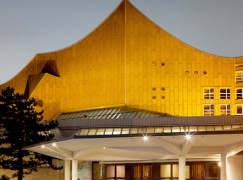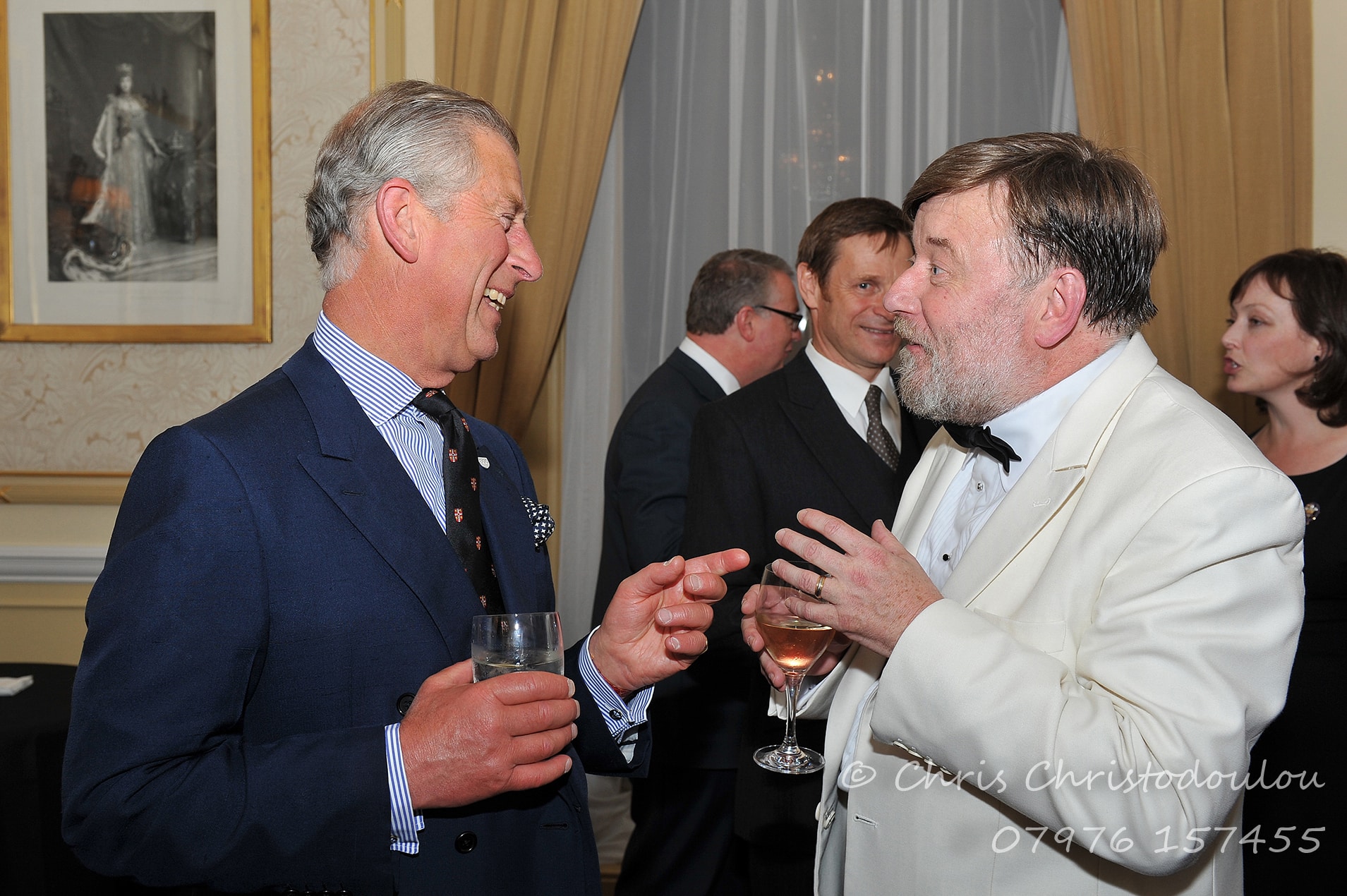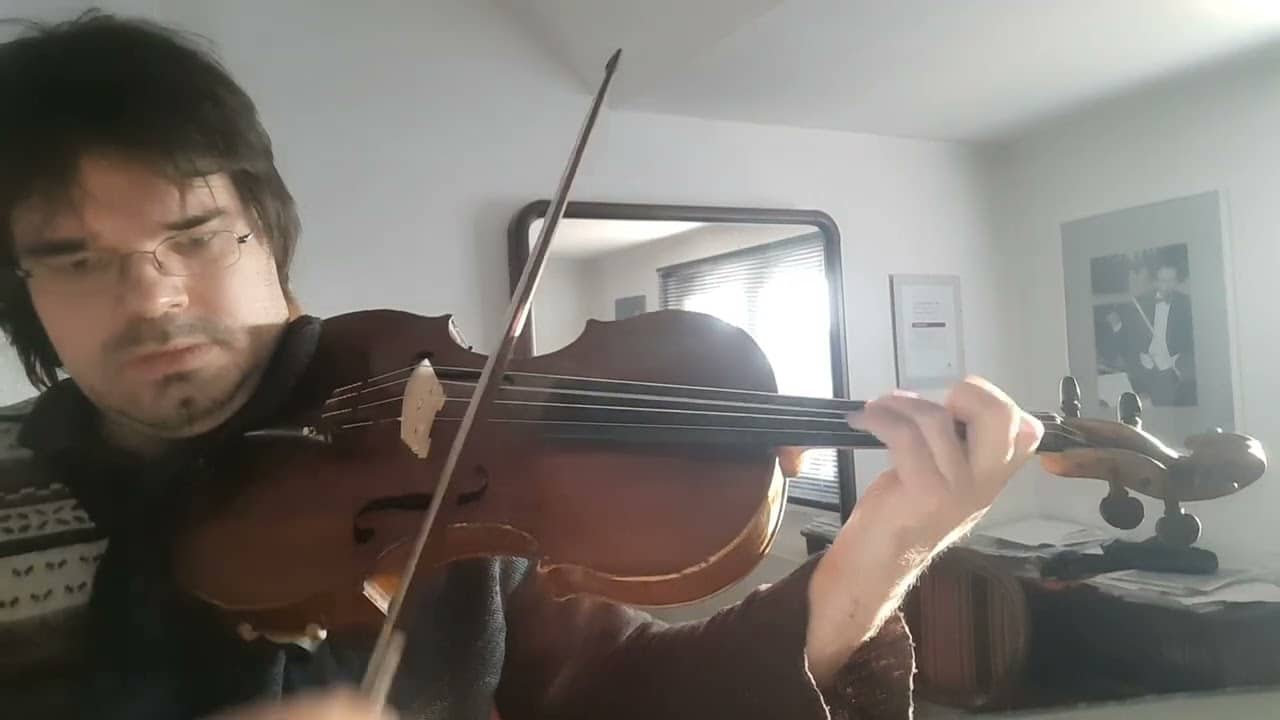Berlin Philharmonic joins orchestra closure protests
NewsEurope’s premier orchestra has joined a continental juggernaut to save Austria’s ORF Symphony Orchestra.
Statement, just in:
The Berliner Philharmoniker were astonished to hear about the renewed knee-jerk measures to shut down the ORF Vienna Radio Symphony Orchestra as part of ORF’s austerity plans. The reason given is the savings targets that the ORF has to meet.
How can this be? Why is a public institution with a comprehensive social mandate, which explicitly includes culture, forced by politics to outsource or even disband an orchestra that makes exemplary efforts to implement its broadcasting mandate?
Andrea Zietzschmann, general manager of the Berliner Philharmoniker Foundation: “Since its foundation in 1969, the ORF Vienna Radio Symphony Orchestra has earned an excellent reputation on the national and international music scene and is a great advertising vehicle for the ORF and Austria. As an opera orchestra, it is the backbone of the Theater an der Wien, it has its own concert series at the Vienna Konzerthaus and the Wiener Musikverein, and also makes a significant contribution to the radio schedule of Ö1. As such, it plays a key role in Austrian musical life and at the same time carries the name of the ORF all over the world. What other orchestra can match this diversity?”
Eva-Maria Tomasi and Stefan Dohr from the orchestra board of the Berliner Philharmoniker: “The Vienna RSO is known worldwide for its commitment and excellence, especially in contemporary music. Cutting the orchestra would lead to a great cultural loss in this area, which is in no way outweighed by the relatively small amount of money saved. Consequently, we urge all those entrusted with this decision to reconsider their plans, also out of conviction for the entire ORF and its cultural mandate.”
For Kirill Petrenko, chief conductor of the Berliner Philharmoniker, this orchestra, like for many other Austrian conductors and composers, was an important springboard for his career: “It is impossible to imagine Viennese and Austrian cultural life without the Vienna Radio Symphony Orchestra. My professional career began with a concert with the RSO. To lose this orchestra would cause irreversible damage to Austria as a country of music.”
Petrenko is an Austrian citizen.
Don’t expect the Berlin Phil to protest BBC closures in post-Brexit UK.






“a springboard for his career”
Is that all?
No, Gustavo, not at all according to Petrenko. Perhaps best to understand his very words before posting:
“It is impossible to imagine Viennese and Austrian cultural life without the Vienna Radio Symphony Orchestra. My professional career began with a concert with the RSO. To lose this orchestra would cause irreversible damage to Austria as a country of music.”
But there is still the Vienna Philharmonic to make up for the loss of a “secondary” ensemble. These are apparently hard times where governmental funds need to be reallocated, and there will be increasingly less Russian oligarchs subsidising Viennese culture in the near future.
I suspect the financial decision-makers of Vienna are acting along these lines.
The Berlin Philharmonic asks, “How can this be?”
Here’s how:
Eventually, a financial model based on handouts of other people’s money is unsustainable, because eventually other people’s money runs out, or is withdrawn due to shifting priorities. One may not agree with the shift, but in that case, the recourse is to ante up oneself. Don’t hold your breath.
You don’t understand, how art is financed. Art was ALWAYS financed with other people’s money.
Just another proof that no one is willing to put money on this sort of thing anymore. If there is no private funding, public money should not be spent in orchestras, and many other stuff as well… but orchestras are not popular, so it is the first one to suffer.
As the population becomes younger and music education is removed from schools, there is less interest in “classical” music. That leads to lower attendance and fewer ticket sales. “Classical” music is not popular, and what isn’t popular wanes away. That’s the nature of the beast.